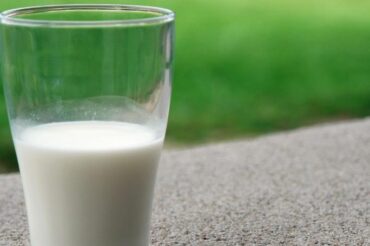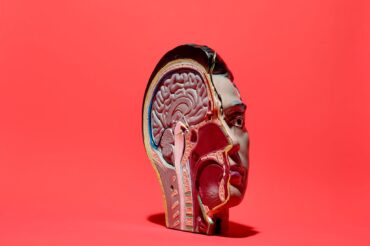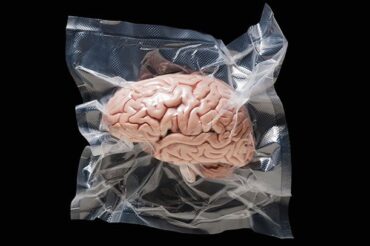Canadian kids fall behind in global physical activity report
(Cassandra Szklarski/ Canadian Press) — Canadian kids continue to rank low in a global report on physical activity.
The most recent release from the Active Healthy Kids Global Alliance finds children in Slovenia and Japan to be the most active among 49 countries studied.
Canada scored D+ in categories that measure overall physical …
‘We’re guinea pigs’: Canada’s oversight process for implanted medical devices stuns suffering patients
(Valérie Ouellet, Vik Adhopia, David McKie/ CBC News) — Millions of Canadians rely on surgically implanted medical devices in order to function — to do everything from walk without pain to pump blood through their veins. Yet many of those devices are approved for use in Canada with scant scientific evidence to show they are safe …
Men who eat lots of fruits and vegetables have less memory loss
(Catharine Paddock/ Medical News Today) — Men who follow a healthful diet could be protecting their brains, according to a new study that tracked a large group of men for more than 2 decades.
Researchers from the Harvard T.H. Chan School of Public Health in Boston, MA, analyzed data from a study that had followed 27,842 men for 26 …
Probiotics show no effect on kids’ tummy upsets
(Amy Norton/ HealthDay) — When young children have a bout of “stomach flu,” parents often turn to probiotics for help. But two new clinical trials suggest they are wasting their money.
Researchers found that probiotic formulas showed no benefit for babies and preschoolers with acute gastroenteritis — a …
Move over, peanuts: milk allergy more common in kids, study says
(Avichai Scher/ NBC News) — Peanuts get a lot of attention, but the most common food allergy for kids under 5? Milk.
In a study released on Friday, researchers found that milk allergy affects over half of 1-year-olds who have food allergies, accounts for 40 percent of food allergies for kids 1 to 2, and is the most common overall food allergy …
Avoid eating romaine lettuce in Ontario and Quebec amid E. coli outbreak, health officials warn
(Nicole Ireland/ CBC News)— The Public Health Agency of Canada is warning people in Ontario and Quebec not to eat romaine lettuce as it works with U.S. health officials to determine the source of an outbreak of E. coli infections in the two provinces and in 11 states.
As of Tuesday, there have been 18 confirmed cases of the bacterial infection …
Will we ever cure Alzheimer’s?
(Pam Belluck/ New York Times) — It’s a rare person in America who doesn’t know of someone with Alzheimer’s disease. The most common type of dementia, it afflicts about 44 million people …
Stress can shrink your brain, study says
(Don Rauf/ Everyday Health) — Chronic stress can deliver a damaging blow to a person’s health. It can have a negative impact on the cardiovascular system, breathing, the liver, digestion, the nervous system, and many other aspects of well-being.
A new study, published Oct. 24 in the journal Neurology, shows that the brain may …
How coffee protects the brain
(Marie Cohut/ Medical News Today) — Scientists have now proved that drinking certain types of coffee can be beneficial to brain health, but how does this popular brew support cognitive function? A new study identifies some of the mechanisms that allow coffee to keep mental decline at bay.
According to data from the Harvard T.H. …








